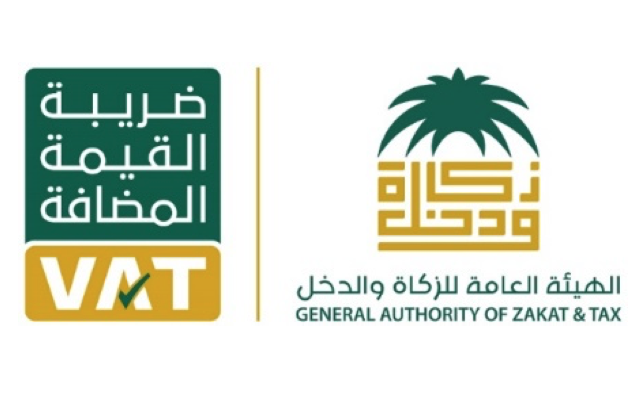
General Authority for Zakat and Tax publishes a VAT import/export guide
The General Authority for Zakat and Tax (GAZT) published a helpful guide on its treatment of imported and exported goods and services subject to Value Added Tax (VAT) under the GCC Unified VAT Agreement and VAT Law and Implementing Regulations.
The guide, which covers all VAT articles and by-laws related to imports and exports, clarifies the transitional provisions imposed on the importation of goods and services between GCC countries, as well as how to deduct the input tax and the taxable obligations.
GAZT further noted that goods supplied prior to customs clearance are not subject to VAT. Goods supplied after the official customs clearance, however, are subject to the tax.
As for procedures related to importing goods to the Kingdom, GAZT explained that the standard supply form must be filled with all the required information on the imported goods, including the customs code, country of origin, description of the good and its monetary value.
The guide also lists tax-exempt imports, including zero-rated goods such as eligible medications and medical equipment. Goods which fall under this category are recorded in the customs declaration form as having a VAT of zero.
GAZT called on all businesses to visit the website (VAT.GOV.SA) to access the import and export guide, as well as a wide range of useful resources to assist VAT-eligible businesses, including handy visual guides, relevant information and frequently-asked questions.


























